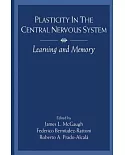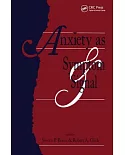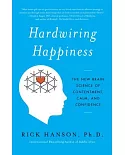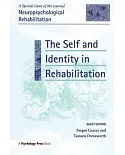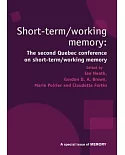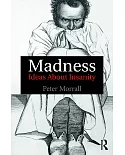Revolution was in the air in the 1960s. Civil rights protests demanded attention on the airwaves and in the streets. Anger gave way to revolt, and revolt provided the elusive promise of
actual change. But a very different civil rights history evolved at the Ionia State Hospital for the Criminally Insane in Ionia, Michigan. Here, far from the national glare of sit-ins,
boycotts, or riots, African American men suddenly appeared in the asylum’s previously white, locked wards. Some of these men came to the attention of the state after participating in
civil rights demonstrations, while others were sent by the military, the penal system, or the police. Though many of the men hailed from Detroit, ambulances and paddy wagons brought men
from other urban centers as well. Once at Ionia, psychiatrists classified these men under a single diagnosis: schizophrenia. In
The Protest Psychosis, psychiatrist and cultural
critic Jonathan Metzl tells the shocking story of how schizophrenia became the diagnostic term overwhelmingly applied to African American men at the Ionia State Hospital, and how events
at Ionia mirrored national conversations that increasingly linked blackness, madness, and civil rights. Expertly sifting through a vast array of cultural documents—from scientific
literature, to music lyrics, to riveting, tragic hospital charts—Metzl shows how associations between schizophrenia and blackness emerged during the 1960s and 1970s in ways that directly
reflected national political events. As he demonstrates, far from resulting from the racist intentions of individual doctors or the symptoms of specific patients, racialized schizophrenia
grew from a much wider set of cultural shifts that defined the thoughts, actions, and even the politics of black men as being inherently insane.
Ultimately, The Protest Psychosis provides a cautionary tale of how anxieties about race continue to impact doctor-patient interactions, even during our current, seemingly
post-race era of genetics, pharmacokinetics, and brain scans.





